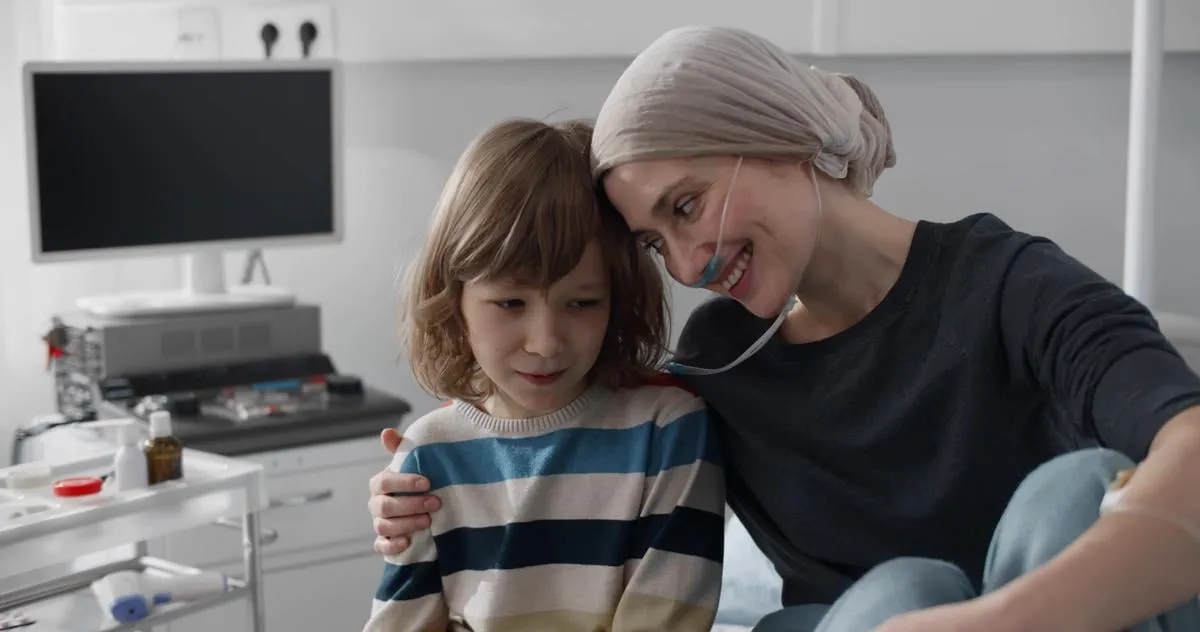Immunotherapy for Skin Cancer: Breakthrough Findings on Melanoma Survival

Groundbreaking Study on Melanoma Treatment
MONDAY, Sept 16, 2024 (HealthDay News) -- A decade of patient follow-up has revealed that a combination of two immunotherapy drugs can greatly extend survival for individuals with advanced melanomas.
The State of Advanced Melanoma Before Immunotherapy
In 2011, a diagnosis of advanced, metastatic melanoma typically presented a grim prognosis, with an average survival of just 6.5 months.
The Role of Nivolumab and Ipilimumab
- Nivolumab and ipilimumab significantly improve survival rates.
- Researchers led by Dr. Jedd Wolchok conducted a practice-changing trial.
- Median survival extended to just over six years, with high chances of remaining disease-free.
The findings, published on Sept. 15 in the New England Journal of Medicine, indicate that the 945 patients treated showed remarkable improvement when using these immune checkpoint inhibitors, especially when combined. The study showed no increase in adverse effects over the decade-long trial, alleviating concerns regarding long-term treatment.
Implications for Future Cancer Treatments
This trial not only highlights the effectiveness of nivolumab and ipilimumab but also paves the way for future innovations in skin cancer therapy.
Disclaimer: The information provided on this site is for informational purposes only and is not intended as medical advice. We are not responsible for any actions taken based on the content of this site. Always consult a qualified healthcare provider for medical advice, diagnosis, and treatment. We source our news from reputable sources and provide links to the original articles. We do not endorse or assume responsibility for the accuracy of the information contained in external sources.
This article was prepared using information from open sources in accordance with the principles of Ethical Policy. The editorial team is not responsible for absolute accuracy, as it relies on data from the sources referenced.